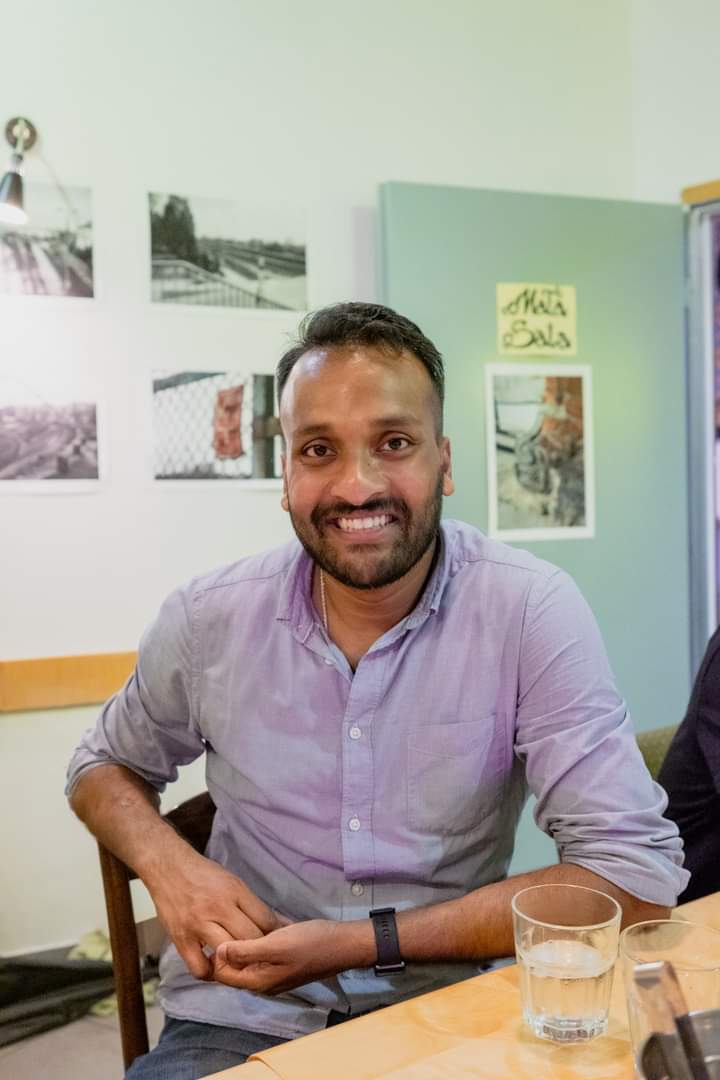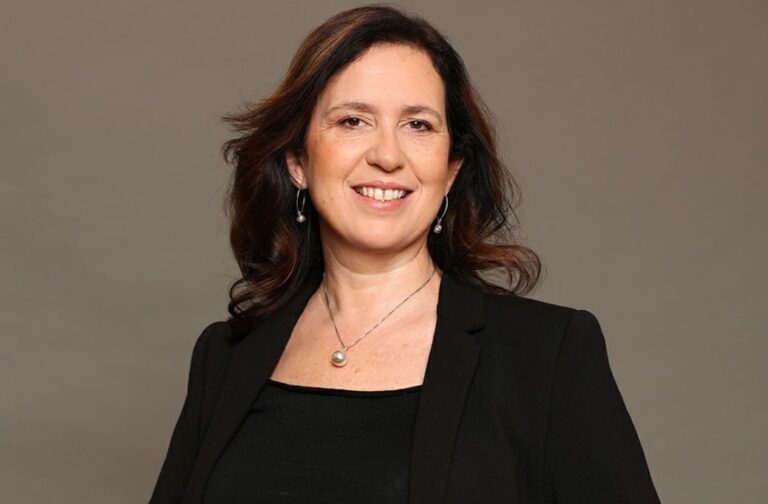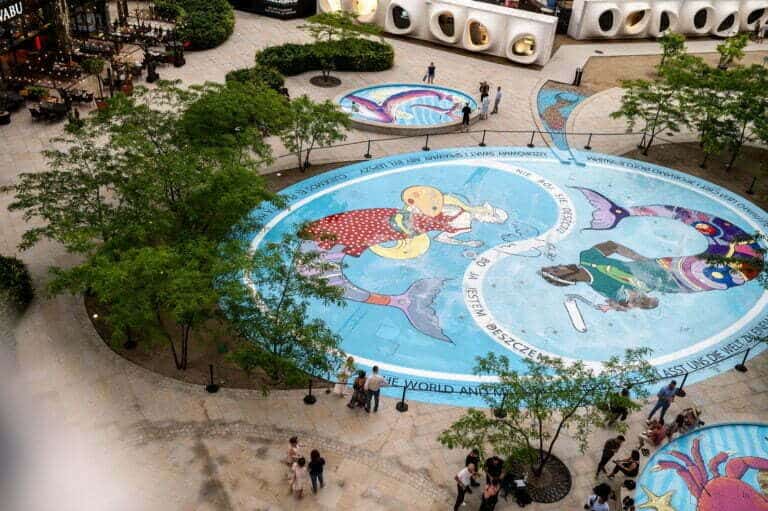Poland through the eyes of a researcher of future technologies
Poland Weekly+ continues to focus on the lives of expats living in Poland. Vibekananda Dutta, who works as an assistant professor at the Institute of Micromechanics and Photonics at the Faculty of Mechatronics at Warsaw University of Technology, continues his research in the fields of artificial intelligence, and robotics. Mr. Dutta explained his views on Poland to Poland Weekly+.
What are your opinions about Poland?
After a decade of professional and personal experiences, I have been met with a welcoming attitude from Polish society and a genuine curiosity about my cultural heritage. This has afforded me the opportunity for seamless social integration, as well as the chance to share insights into my own cultural background and its impact. Over the years, I have had the privilege of observing the historical ties between the Republic of India and the Republic of Poland through various avenues and occasions, such as the notable figure “Dobry Maharaja [Maharaja Digvijay Singh].” Beyond the historical connections and their people, Poland’s appealing natural landscapes, excellent public transportation, commendable work-life balance, provisions for extracurricular pursuits, and its strategic geographical location facilitating convenient connectivity to other parts of Europe render it a country deserving of admiration.
What are the advantages and disadvantages of living in Poland for you?
Advantages
The outstanding public transportation network, ongoing expansion of infrastructure, abundant opportunities, and an inclusive society with easy engagement in various communities are noteworthy features. Additionally, diverse cultural activities cater to every season, and, not least of all, the environment is clean and safe. Moreover, Polish grandmothers stand out for their exceptional hospitality, particularly towards individuals of diverse backgrounds like myself. Their affectionate care and nurturing demeanor represent a significant advantage of residing in Poland, particularly for those who cultivate strong relationships with Polish “Babcias.”
Disadvantages
While I have consistently encountered commendable services within various facets of public bureaucracy. Regrettably, I have also witness to numerous regrettable incidents arising from language barriers or instances of service denial, particularly in highly sensitive settings such as immigration offices and hospitals, among others. The pivotal factor for securing successful assistance, at times even going above and beyond standard provisions, lies in one’s proficiency in the language. Those who possess the ability to communicate, even if only at a basic level, find their efforts met with appreciation and a willingness to provide exceptional service.
Moreover, being a public servant can entail certain disadvantages, including limited financial support. This extends to academic educators who invest years in earning their Ph.D., habilitation, and the title of professor, only to find themselves with insufficient financial backing and contending with complex bureaucracy.
What would you like to change or improve in your life in Poland?
The term “improvement” itself carries profound significance and demands sustained dedication from each individual. In my case, I am committed to exerting substantial effort towards enhancing my language skills to facilitate seamless communication within society. On several occasions, I have found that my intermediate proficiency has resulted in instances where I felt excluded, or misunderstandings arose. Hence, my foremost priority for self-improvement is the enhancement of my proficiency in the Polish language.
Subsequently, I aim to further immerse myself in social activities. Despite having previously participated in such activities (including serving as a former co-founder of an NGO targeting marginalized groups such as the homeless and children with autism), I aspire to broaden my engagement. This involvement has also afforded me opportunities to feature in various media platforms, including TVN24, Uroda zycia, Wysokie obcasy extra, and various news portals. However, I am adamant that my participation and contributions should not be confined solely to self-promotion, but should extend to a wider array of social services.
How would you rate your professional life/education in Poland?
Taking into account the legacies of individuals like Nicolaus Copernicus and Madame Curie, Poland has consistently upheld its reputation for excellence in science and education, particularly in the fields of mathematics, physics, and mechanics. In comparison to my hometown, one notable aspect that underscores its contributions is the emphasis placed on practical applications. At the university level, there is a prioritization of translating theoretical knowledge into practical use.
In the area of professional life, one’s expectations and performance assessments are influenced by the work environment and the people with whom one interacts. I find the environment in which I work to be highly productive, given the sustained support and the equilibrium between work and personal life. This enables me to focus on my extracurricular pursuits, maintain good health, and strive to deliver my best to the utmost of my ability.
What is the main difference between your lives in India and Poland?
The primary distinctions lie in cultural practices, culinary traditions, standards of hygiene, cleanliness, and overall safety. Our customs and rituals provide cause for celebration nearly every month.
Would you recommend living in Poland to your friends or family members? Why?
I would suggest to my friends or family members that they consider living in Poland, taking into account a few key factors. These include the weather, a sense of discipline, a willingness to learn new skills on a daily basis, and an interest in embracing the society and its culture.







